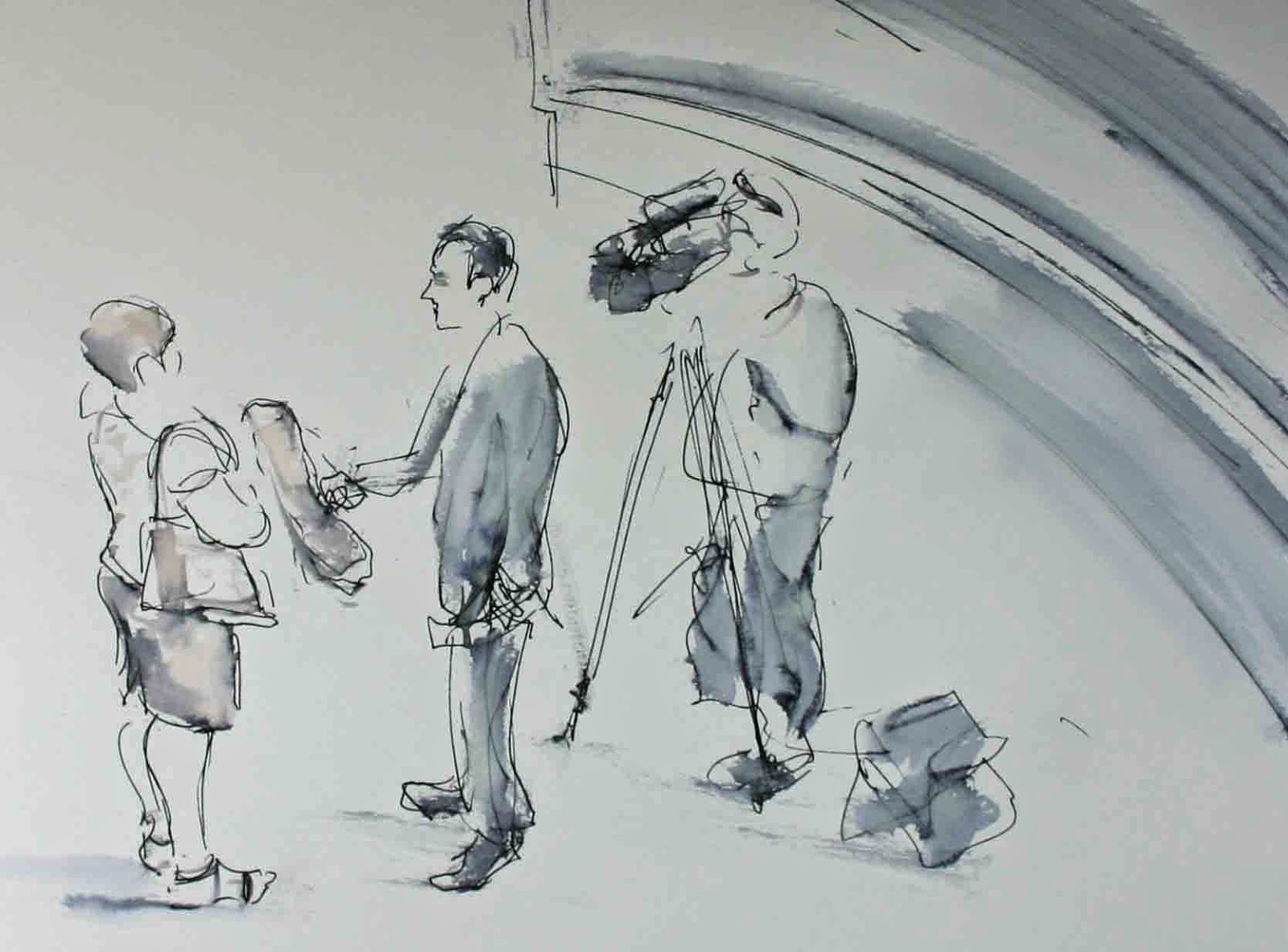Four mothers faced being ‘belittled’, ‘disbelieved’, ‘dismissed’ and ‘threatened’ in the family courts, it was alleged in the Court of Appeal last week. This was the case put forward by a barrister representing four women’s organisations on the third and final day of a landmark hearing to examine the treatment of domestic abuse cases centred on child welfare issues. This is the first time that the Appeal judges have looked at the handling of domestic abuse cases by the family courts in 21 years.
It is anticipated the groundbreaking joint appeal seeking to overturn decisions around child contact taken in the family courts could result in fresh guidance being issued to judges in England and Wales. Barbara Mills QC was making submissions to appeal judges on behalf of Women’s Aid, Rights of Women, Rape Crisis England and Wales and Welsh Women’s Aid. Referring to the appeals by four women which all feature allegations of rape and coercive control by the father of their children, Mills told the court: ‘They would have come to the family court hoping they and their children would be protected. But when one looks at the judgements my clients would say that what those women faced was belittling, being disbelieved, being dismissed and sadly, on occasion, being threatened.’
Earlier in the hearing appeal judges had heard an audio recording of Judge Richard Scarratt making ‘wholly inappropriate’ remarks to a young mother, including that her child could be placed in adoption. Mills told the court the respondent father’s barrister had struggled to find the appropriate adjective for Scarratt’s behaviour but added: ‘We don’t hesitate to give it a name and the name we give it very squarely is abuse.’
Appeal judges Sir Andrew McFarlane, Lady King and Lord Holroyde will consider how the family courts handle allegations of coercive control and rape, and whether current guidance is applied appropriately in cases concerning child welfare. In a written outline, the women’s charities claimed ‘coercive and controlling behaviour is simply misunderstood and therefore not properly recognised by the courts’.
Mills told the court: ‘The mischief, if I can reduce it to such a word, the court should be looking out for is the power dynamic and the patterns of behaviour.’ She stressed that coercive and controlling behaviour could continue beyond the end of an abusive relationship. Women’s charities asserted in their written submission that there are ‘systemic failures’ in the family justice system. They said where domestic abuse is claimed, it should be routine that the court proactively takes an investigative role – but that this was rare.
Of 133 private law cases reviewed by Women’s Aid and Cafcass in 2017 which featured allegations of abuse, only five were subject to fact-finding hearings ordered by the court. Concerns about a ‘pro-contact’ culture in the family courts was a recurring theme during the hearing and echoes findings made by the Ministry of Justice ‘harm’ report.
Appeal judges were urged that judicial training by specialists was vital to dispel rape myths and to ensure a greater understanding of coercive control.
The court also heard submissions from barrister Mark Jarman on behalf of Cafcass, the largest employer of social workers in England. Cafcass should be involved in child welfare cases at an early stage where issues of domestic abuse are made, he told the court. He added: ‘The voice of the child must be the focus of this court and of the issues raised.’ Jarman said current guidance updated in 2017 was fit for purpose but ‘not sufficiently embedded in court practice’. Of around 50,000 private law applications a year, 60% included allegations of domestic abuse, the court heard.
McFarlane said: ‘It is striking that, although it is said there is a systematic failure in approach to domestic abuse that so few appeals are brought.’ The reasons for this could be financial, that the applicant felt there was no point appealing because the claims of domestic abuse had not been found, or that they were ‘worn down by the system’, the court heard.
Sarah Morgan QC representing Families Need Fathers referred to what she described as a ‘gendered flavour’ to the debate, telling the court the word ‘parent’ had seldom been used. ‘Often perpetrators of domestic abuse…are the children’s father but sometimes they are not. It does not even follow that if the father is the perpetrator, the victim is necessarily the mother.’ Morgan said it was stark how many people involved in proceedings were litigants in person.
Earlier in the hearing the court was told that fathers were more likely to be without legal representation. The need for judicial continuity was also raised by the barrister of one respondent father who said his client’s case had been presided over by eight different judges. In a written statement Families Need Fathers said its membership did not recognise the ‘pro-contact’ culture described in the harm report as reflective of its experience. It said it readily acknowledged domestic abuse in all its forms as abhorrent.
No findings of abuse had been made against any of the respondent fathers whose children were the subject of the four cases examined and each of the men opposed the appeals.
Barrister Charlotte Proudman who successfully applied for three of the cases to be heard together because of a wider public interest said: ‘It is rare for domestic abuse cases to reach higher appeal courts but it is hoped further cases could be overturned or appeals granted.’
Appeal judges are considering their judgement.







